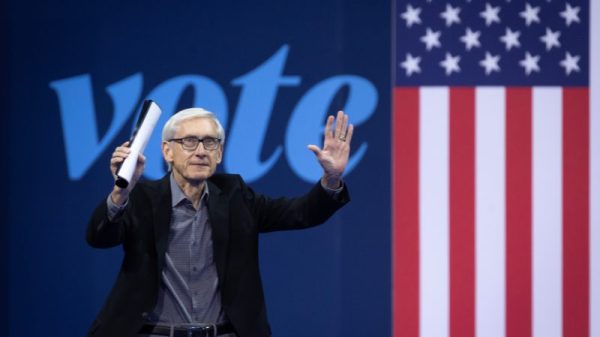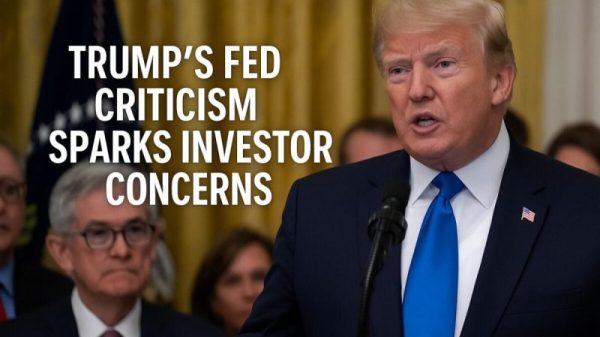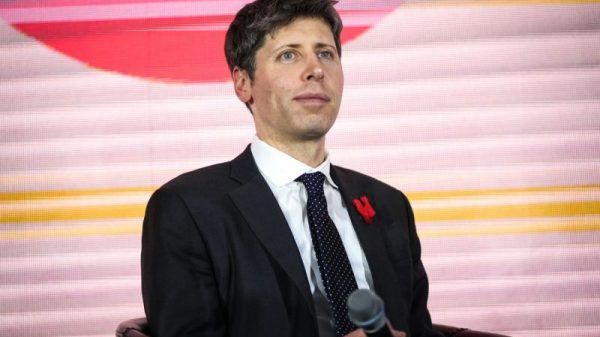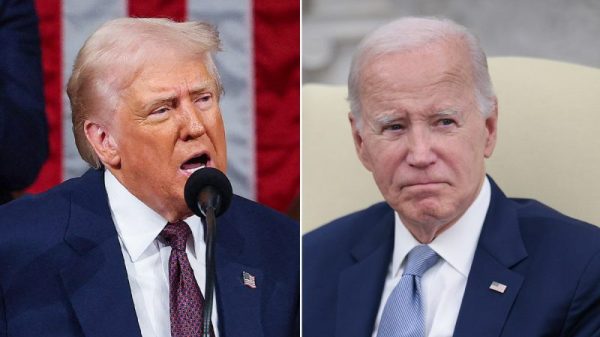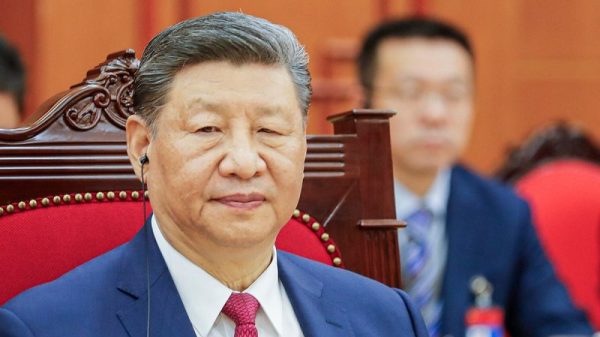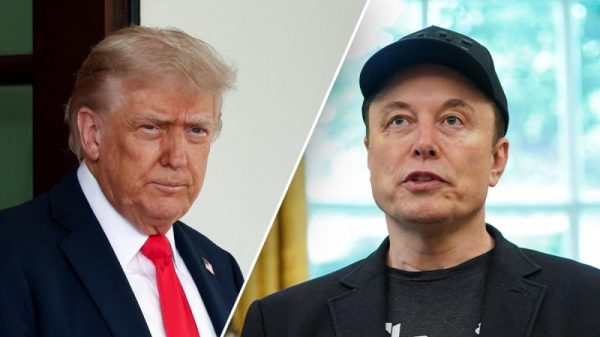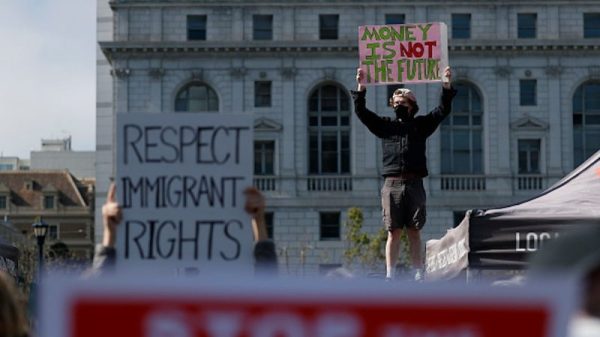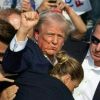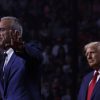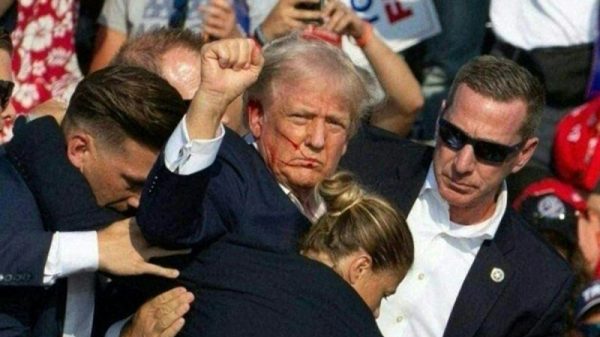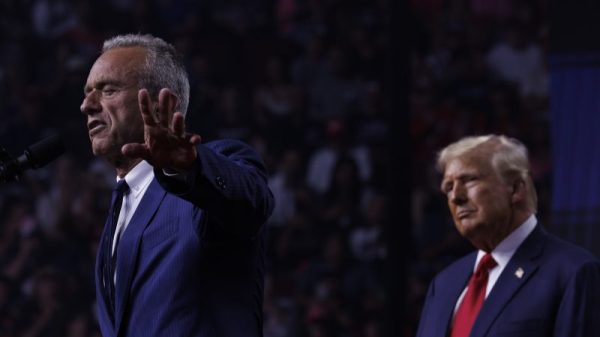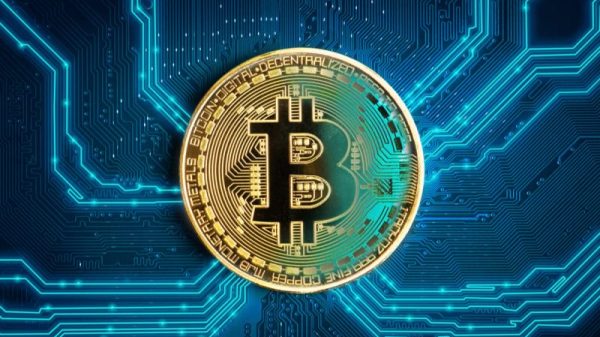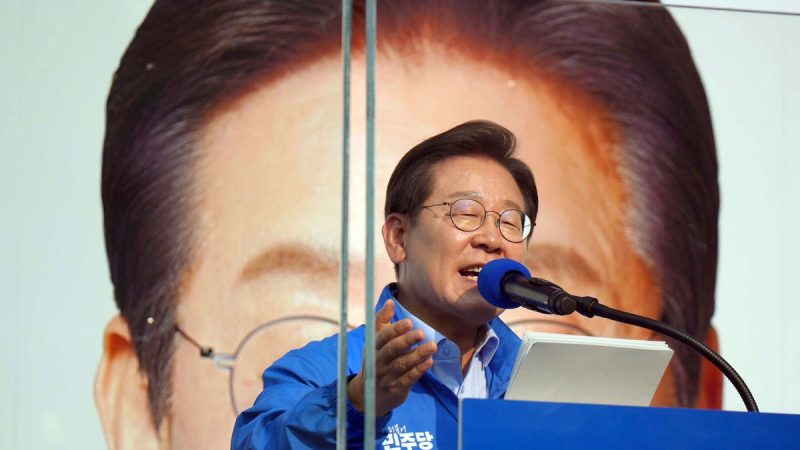
South Korean voters swung left in the presidential race Tuesday, and conservative candidate Kim Moon-soo conceded defeat to liberal opponent Lee Jae-myung in the snap election.
Kim, candidate of the People Power Party (PPP), said at a press conference in the early hours of Wednesday morning he ‘humbly accepts (the) people’s choice.’
The decision came after record early voting turnout prompted speculation Lee would secure the presidency and flip the top seat after the impeachment of predecessor Yoon Suk Yeol, who was booted from office after he declared martial law in December.
The impeachment threw the country into political chaos after Yoon, also a member of the PPP, was removed from office two years early.
It is unclear by what margin Lee secured the presidency, though reports had suggested for weeks that the liberal candidate was favored to win the top job.
But Lee’s candidacy also prompted some serious concern when it came to his policy on international relations, particularly Seoul’s relationship with the U.S., China and North Korea.
Kim challenged Lee’s policies in a presidential debate last month after the liberal candidate said he would take a ‘pragmatic’ approach.
‘There’s no need to worry. The South Korea-U.S. alliance is important and should continue to grow and strengthen,’ Lee said, adding Seoul should not be ‘unilaterally bound’ to Washington, especially when it comes to the U.S.’s adversarial rivals.
‘We should not neglect ties with China or Russia,’ he added. ‘We need to manage them appropriately, and there’s no need to have an unnecessarily hostile approach like now.’
This position is a shift from the previous administration, which was hawkish on China and North Korea.
Lee has said he wants to mitigate the ‘North Korea risk’ by easing relations with Seoul’s northern neighbor.










